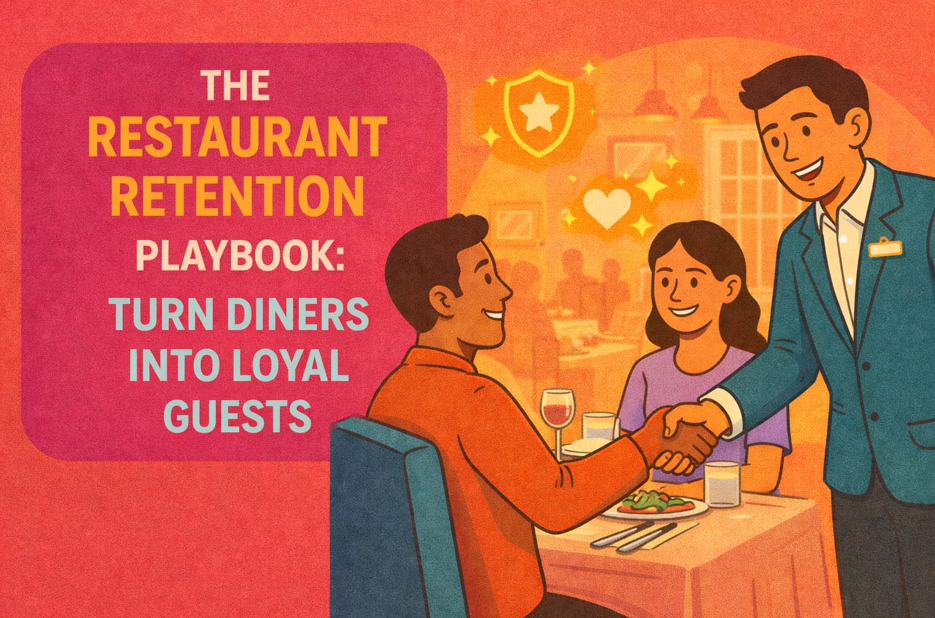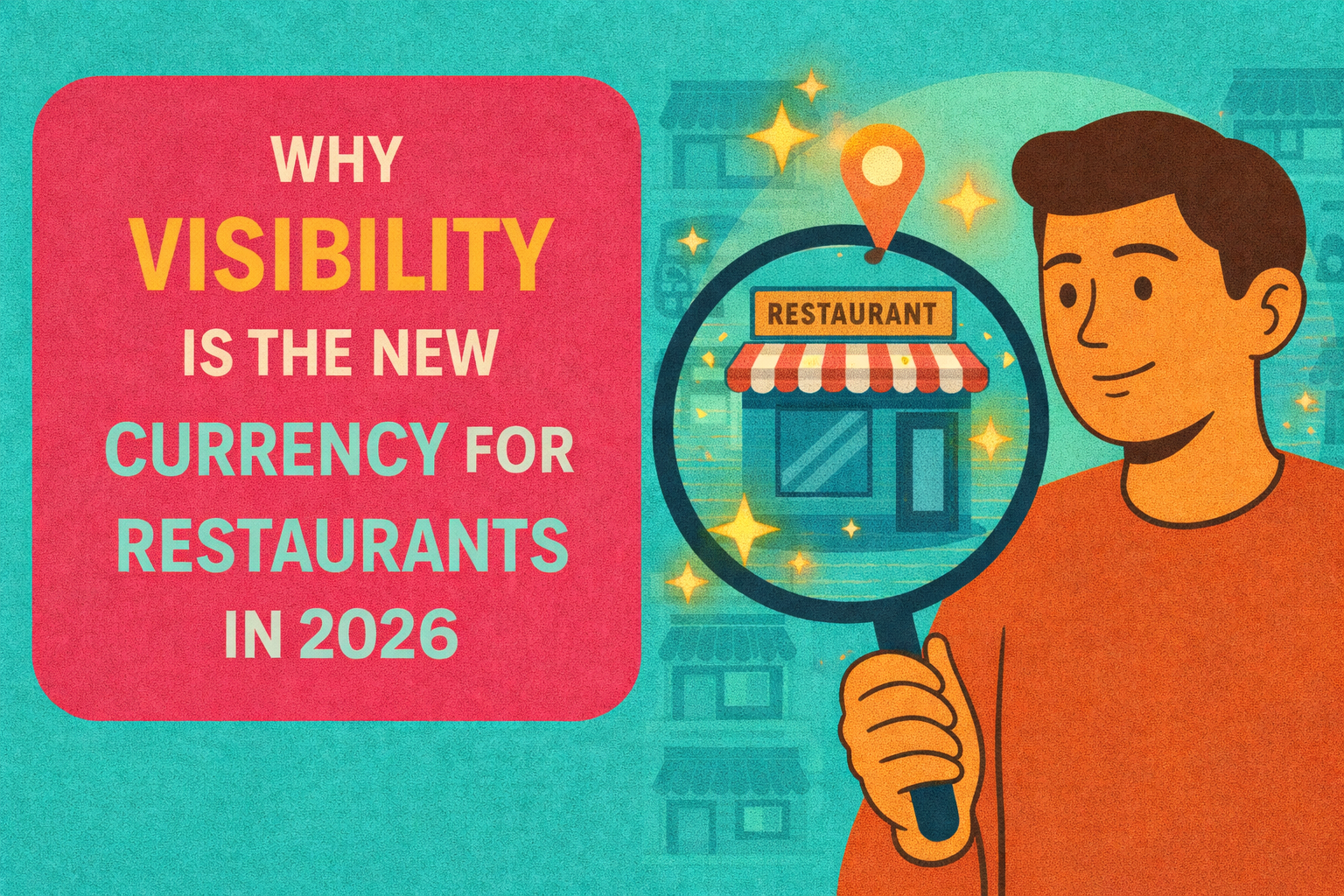Introduction
The hospitality industry in India is thriving, with new restaurants and hotels opening every day. In such a competitive landscape, traditional marketing alone isn’t enough. Influencer marketing has emerged as a game-changer, helping hotels and restaurants reach targeted audiences, build trust, and drive bookings.
At Mango Marketing Agency, we specialize in F&B digital marketing and have helped numerous brands leverage influencer marketing for maximum ROI. In this guide, we explore actionable, proven strategies backed by real-life Indian examples to help you make the most of influencer partnerships.
Why Influencer Marketing Works for Hotels & Restaurants
1. Builds Brand Credibility & Trust
Influencers have built loyal audiences who trust their recommendations. When an influencer showcases your hotel or restaurant, their followers perceive it as a personal endorsement rather than a paid advertisement. Studies show that 92% of consumers trust influencer marketing over traditional ads.
For example, when popular food blogger Shivesh Bhatia featured The Oberoi’s desserts on his Instagram, it generated thousands of interactions and increased bookings for the high-tea experience.
2. Enhances Social Media Presence
Influencer marketing helps increase social media engagement and follower growth. By leveraging influencer-generated content, you can attract more customers who engage with and share your brand’s posts.
A great example is JW Marriott Bengaluru, which invited top travel influencers to showcase their luxurious brunch, leading to a significant increase in Instagram reach.
3. Drives Direct Bookings
Many hospitality businesses see a direct increase in reservations when influencers share their experiences, post discount codes, or highlight special promotions.
In 2023, Megu at The Leela Palace Delhi collaborated with top Delhi-based food influencers who shared Instagram Reels about the restaurant’s new menu. This campaign led to a 35% increase in table bookings over a month.
How to Implement a Winning Influencer Marketing Strategy?
1. Identify the Right Influencers
Choosing the right influencers is crucial to ensure authentic engagement and conversions. Here are the main types of influencers to consider:
- Micro-Influencers (10K-100K followers): Higher engagement rates, niche audiences.
- Macro-Influencers (100K+ followers): Greater reach, brand awareness.
- Local Influencers: Ideal for attracting a regional audience to your restaurant or hotel.
- Celebrity Influencers: If your budget allows, celebrity endorsements can generate massive brand exposure.
Use platforms like Upfluence, AspireIQ, and HypeAuditor to find the right influencers.
Example: How Indian Hotels Choose Influencers
- Taj Hotels collaborates with Masoom Minawala, a global Indian influencer, to target luxury travelers.
- Zostel, India’s leading backpacker hostel chain, partners with travel influencers like Bruised Passports to attract budget travelers.
2. Collaborate on Authentic Content
Influencers should create content that aligns with your brand’s identity. Popular content types include:
- Instagram Reels showcasing the dining experience.
- YouTube vlogs featuring hotel tours and guest experiences.
- Blog posts with in-depth reviews and SEO-friendly content.
Example: ITC Maurya’s YouTube Collaboration
ITC Maurya worked with Curly Tales, India’s top food and travel platform, to produce a behind-the-scenes video of their legendary Bukhara restaurant. This video reached millions and attracted diners from across the country.
3. Utilize Social Media Platforms Effectively
Each platform offers unique ways to engage audiences:
- Instagram Reels & Posts: Best for visually engaging content like food videos and travel experiences.
- YouTube: Great for long-form content such as hotel and restaurant reviews.
- Facebook & Twitter: Ideal for promotions and influencer collaborations.
Example: Farzi Café’s Viral Instagram Strategy
Farzi Café Mumbai partnered with local Instagram food bloggers who created short, engaging videos featuring their fusion dishes. The result? A viral trend that brought in new customers and increased footfall.
4. Offer Incentives & Special Discounts
Encourage influencers to share exclusive discount codes or host giveaways to drive engagement and attract bookings.
For example, The Bombay Canteen collaborated with influencers to promote their special Independence Day menu, offering followers a 10% discount. This campaign resulted in a fully booked weekend.
5. Track & Measure Performance
Monitor key performance indicators (KPIs) to gauge the success of your influencer campaigns:
- Engagement Rate: Likes, shares, comments.
- Website Traffic: Track visits from influencer posts.
- Conversion Rates: Bookings or reservations driven by influencer promotions.
Use tools like Google Analytics, Instagram Insights, and Bitly tracking links to measure impact.
Real-Life Examples
Case Study 1: Taj Hotels’ Collaboration with Masoom Minawala
Taj Hotels partnered with Masoom Minawala, who shared her luxurious stay experience at the Taj Palace, Mumbai. Her posts received thousands of engagements, boosting the hotel’s visibility among her affluent audience. The hotel saw a 40% increase in direct bookings from her followers.
Case Study 2: Bastian Mumbai’s Food Blogger Campaign
Bastian Mumbai, a high-end restaurant, collaborated with top food bloggers like The Bombay Foodie and EatMumbai. Their Instagram stories featuring signature dishes like Butter Lobster went viral, leading to a 25% increase in reservations within two weeks.
Case Study 3: Zostel’s Partnership with Backpacking Influencers
Zostel, India’s leading backpacker hostel chain, collaborated with travel influencers like Bruised Passports and Larissa D’sa. They created YouTube vlogs showcasing budget-friendly stays, resulting in a 30% spike in hostel bookings.
Conclusion
Influencer marketing is a powerful tool for hotels and restaurants aiming to attract more customers, enhance brand credibility, and increase bookings. By implementing the right strategies—partnering with the right influencers, leveraging engaging content, and tracking performance—you can maximize your marketing ROI.
Looking to boost your restaurant’s online presence? Contact Mango Marketing Agency today for expert influencer marketing strategies tailored for the F&B industry!
FAQs
Use platforms like Instagram, TikTok, and influencer marketing tools such as Upfluence, AspireIQ, and HypeAuditor to identify relevant influencers.
Costs vary based on influencer size, engagement rate, and campaign scope. Micro-influencers charge anywhere from ₹5,000-₹50,000 per post, while macro-influencers may charge ₹1 lakh or more.
Yes! Influencer-generated content, when optimized with local keywords like “best restaurant in Mumbai” or “top hotels in Goa,” can improve search rankings and visibility.









